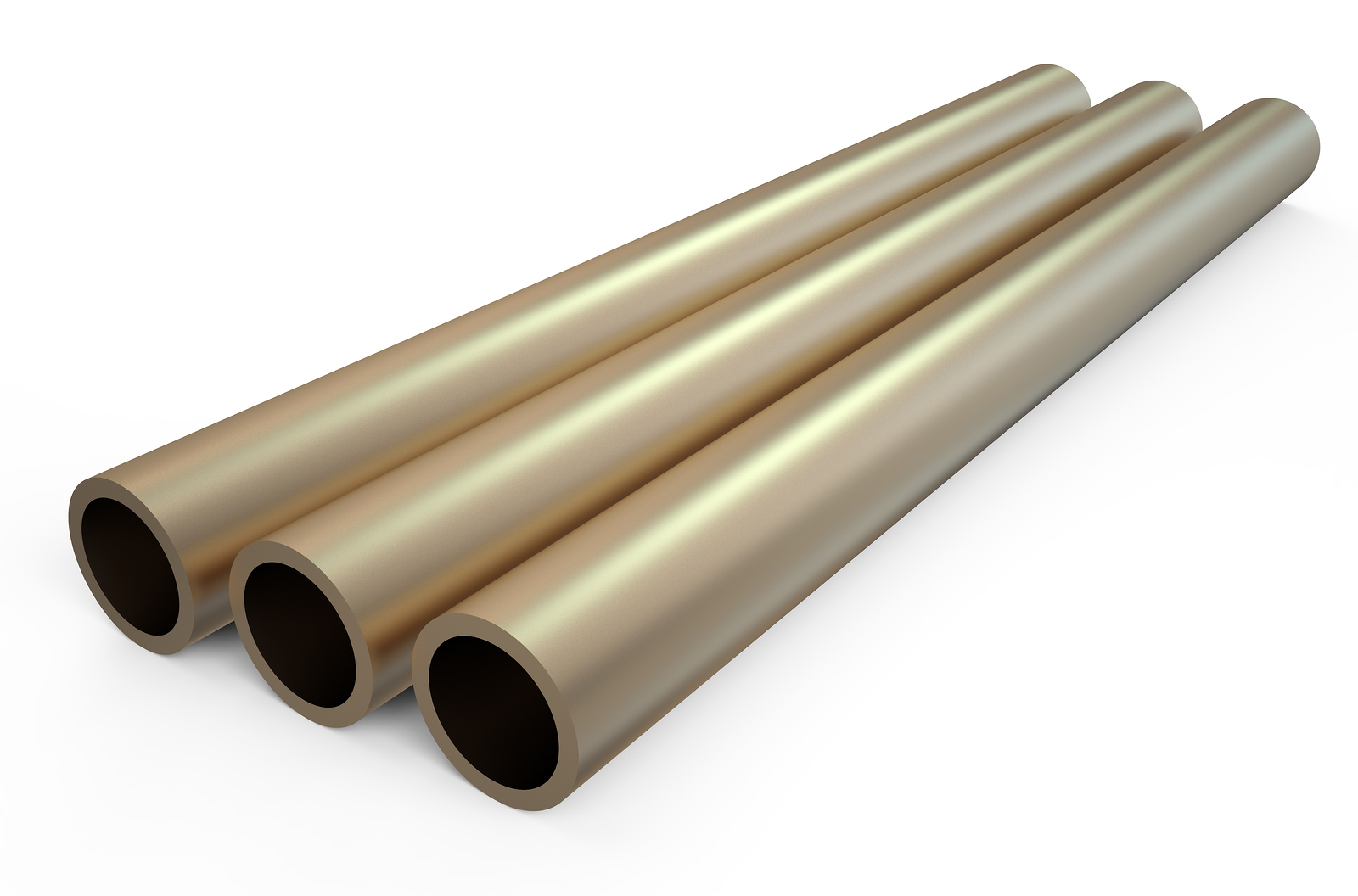Brass is a combination of copper and zinc and has been used for boats for hundreds of years, particularly in cladding hull bottoms to keep out teredo worms from timbers.
Though a reliable biocide, brass is more ideal for freshwater boats, which poses a problem for those operating in seawater. Many boatbuilders reject the use of brass fitting for tubes exposed to seawater because it can lead to failed plumbing, at the very least, or a sinking boat at the worst case scenario. For better and safer sea boats, makers opt for bronze tube than brass.
The Limitations of Brass
Brass pipes are good for over-the-water fixtures due to its anti-atmospheric-corrosion property, but it is not recommended for seawater submersion. Brass is also ideal for forgings and wires, as well as interior plumbing fixtures.
The main problem with brass under seawater is its vulnerability to dezincification. Underneath the ocean, the zinc-rich component of brass may corrode and leaving only the copper. The remaining copper will have lower strength due to loss of zinc, reduced to a porous shell that can lead to breakdown or failure. The boat Random Harvest sunk, when its skin fitting stopped working because of dezincification.
Dezincification-resistant brasses have been made ever since, although many boatmakers prefer bronze tubes for greater durability and safety.
Bronze Bars and Tube for Durable Boat Hardware
Instead of buying brass, more boatbuilders want to use bronze bars themselves and create their own fixtures. Bronze is a copper alloy without much zinc, which means it isn’t prone to dezincification. Bronze has copper, but its main alloy is tin, an expensive metal. Bronze may be more expensive than brass but it certainly has noteworthy seafaring advantages.
Different kinds of bronze alloys are often used for different boat parts. For instance, gunmetal is a kind of bronze used in making firearms. Despite its lack in strength, it shines as a corrosion-resistant material ideal as cleats, shaft logs, and chocks. Aluminum bronze, on the other hand, is often used for propellers because it is corrosion-resistant. Though durable, aluminum bronze has a risk for de-alumnification, so manganese is often added to overcome this problem.
Silicon-bronze is the most popular alloy for seawater hardware. 96% made of copper, it is good for making nuts, screws, and bolts. Phosphor bronze, made of copper, tin, and a little phosphorous to boost the hardening property of bronze, is ideal for bearings and springs.
Boatmakers learned the limits of brass the hard way. To build stronger and safer boats for ocean travel, they now use bronze bars or tubes.
Sources:
“Beware the Brass,” proboat.com/
“Brasses and bronzes,” coxengineering.sharepoint.com


